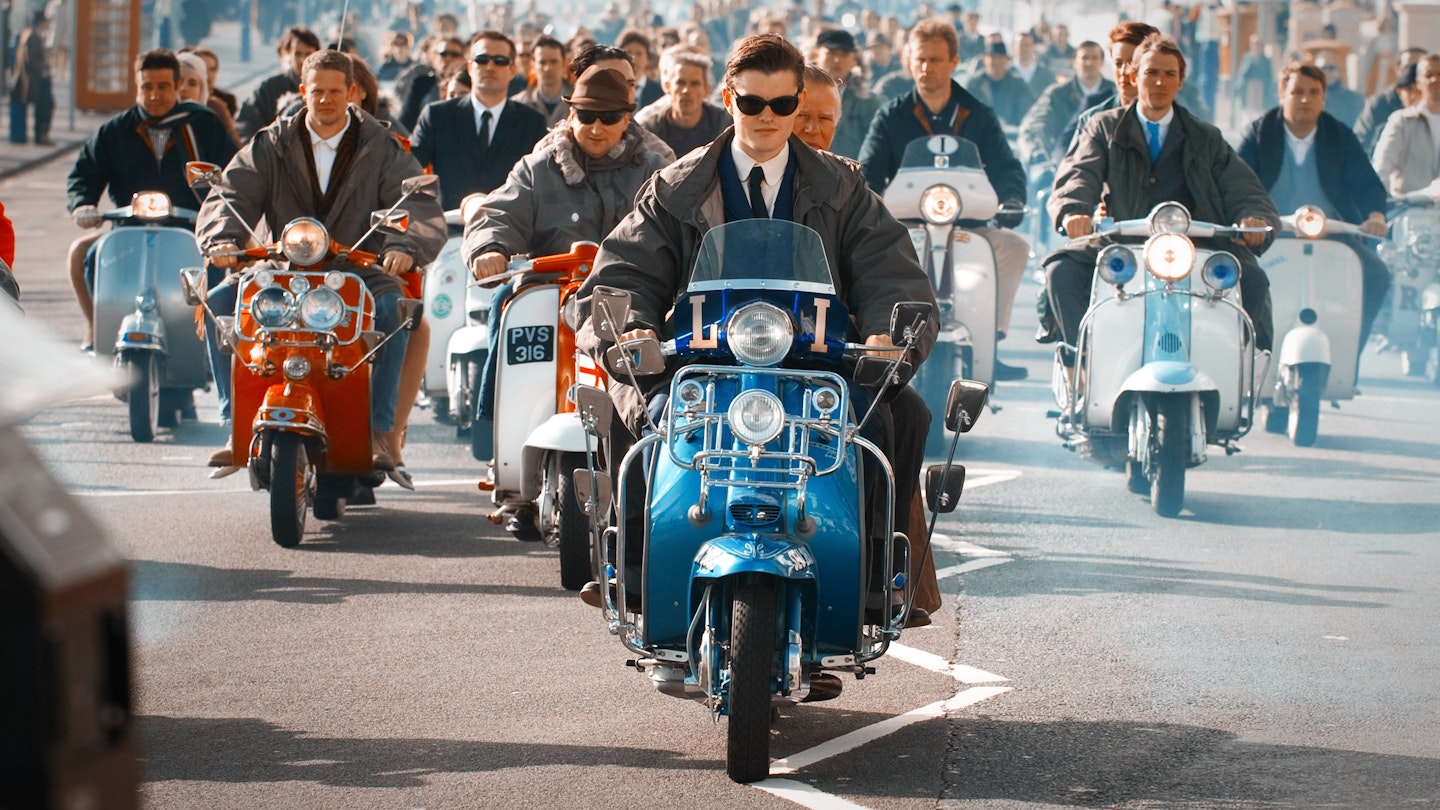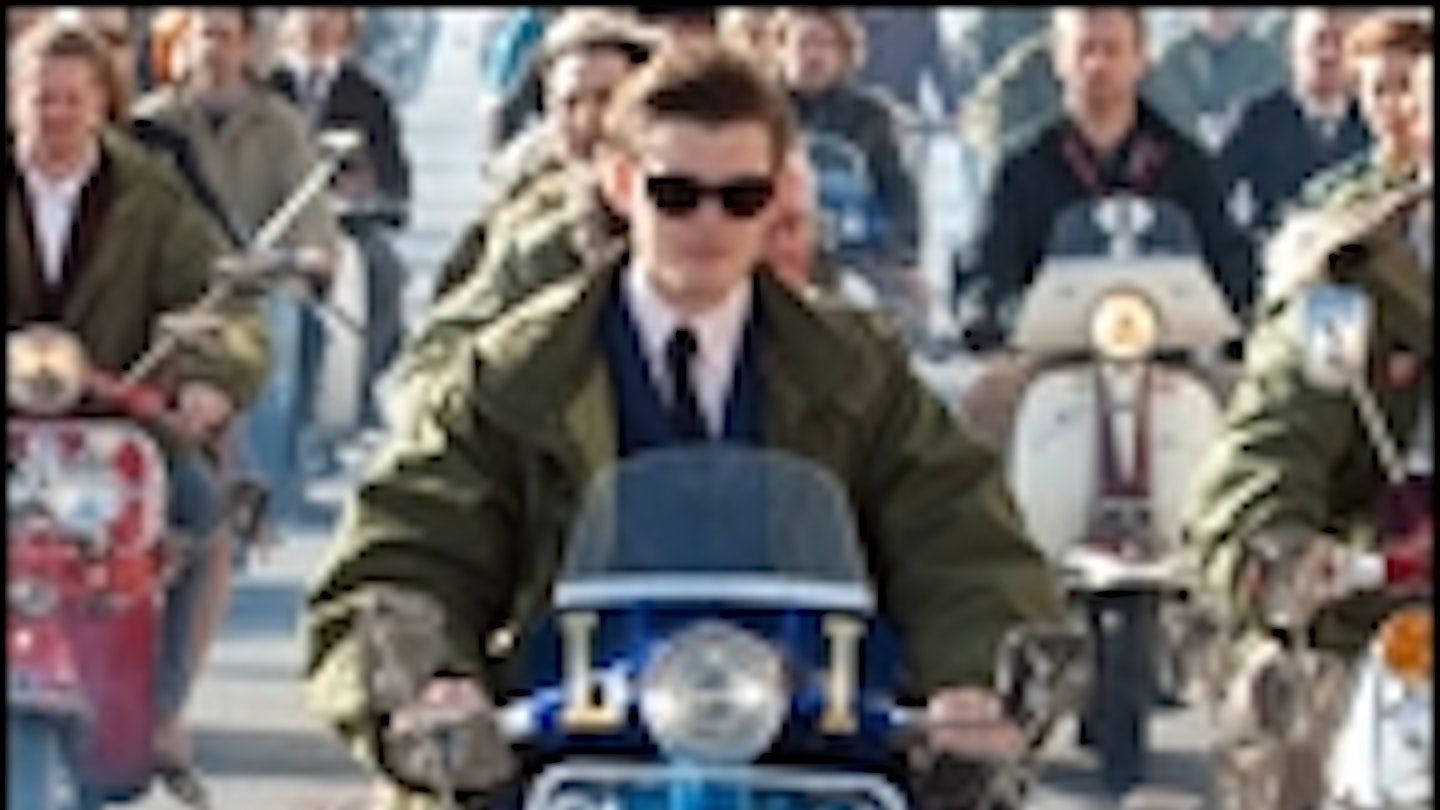By Rowan Joffe's own admission, John Boulting’s Brighton Rock casts a long shadow over his take on Graham Greene’s crime noir. “Even if a critic likes it, 250 of the 500 words of copy goes on ‘was this the right thing to do or not?’,” sighs the director, forlornly batting away the spectre of the 1947 thriller. Some hope. Richard Attenborough’s hoodlum Pinkie Brown remains a high-water mark in screen villainy, as conflicted in his faith as he’s casual in his brutality, while directors of the calibre of Scorsese and Malick have queued to pay homage to the film’s bleak power.
What Joffe’s atmospheric film achieves, though, deserves to be tackled on its own merits — and there are plenty. Shifting the novel’s seedy gangland to the mid-’60s, his script largely rinses the Catholic guilt from Greene’s crims and molls, leaving them trapped by circumstance and unconsoled by faith. Mods and Rockers own the streets, while in the Grand Hotel organised crime has a new, pampered face in the shape of Cockney capo Colleoni (Andy Serkis). Put simply, this Brighton rocks.
It’s a raucous revolution that gives pathos to the fate of artless waitress Rose, drawn into the decaying underworld just as new horizons are opening for her. Newcomer Andrea Riseborough skilfully transforms Rose from shy innocent to willing co-conspirator of a man incapable of sharing her love, while Sam Riley steps impressively into those well-worn brogues, injecting Pinkie with malignancy to make all that brutality and self-loathing believable. There are flickers of fear behind the blank-eyed veneer that make the character all his own. Whether cowering in a urinal from the man he’s been sent to kill or joylessly seducing Rose into surrendering an incriminating snap, this Pinkie defies our sympathies.
For all that, Joffe’s version is far from flawless. The period details are a touch too Quadrophenia, while the religious icons looming over the characters are a strange half-nod to the novel’s themes of faith and damnation. But with cinematographer John Mathieson’s muted palettes, and Get Carter and Jean-Pierre Melville’s noirs as classy touchpoints, he’s breathed salty sea air into a well-thumbed classic.





